Lychee, also called Litchi, is a fruit that grows in many places around the world during the summer. People like this fruit because it is healthy, looks nice, and tastes great. Lychee is an oval-shaped fruit with a bright red skin and a sweet, juicy centre. The part you can eat, called the pulp, is full of vitamins and nutrients. There are also many uses for lychee. In China, people have been using it as medicine for hundreds of years. Most lychee is grown in China, but it is also grown in India, Thailand, and Vietnam, which are all in Southeast Asia.
After being picked, lychee quickly goes bad, so it is often dried, juiced, or made into wine to make it last longer. Lychee could be used in food, cosmetics, drugs, and chemicals, among other things.
Table of Contents
What is Lychee fruit?
Lychee is a fruit in the soapberry family that has a fleshy centre and can be eaten (Sapindaceae). This sweet fruit has a strawberry-red, hard, leathery skin that you can't eat. The inside is white, and there is one large, blackened brown seed. Lychees are oval to round fruits that taste sweet and floral.
Lychee tree and fruit description:
The lychee tree grows a dense crown of bright green leaves that stay that way all year. The leaves are made up of two to four pairs of 50–75 mm (2–3 inches) long leaflets that are elliptic to lanceolate in shape. The flowers are small and not very noticeable. They grow in loose clusters at the end, called panicles, that can be up to 30 cm (12 inches) long. The fruits are oval to round, about 25 mm (1 inch) in diameter, and the colour is strawberry red. Inside the hard shell is a white, fleshy, translucent aril and one large seed.
The tree can be grown from seeds or by air layering, which is when a branch grows roots while still attached to the parent plant. Lychee plants are put 7.5–10.5 metres (24.5–34.5 feet) apart when they are moved to a permanent orchard. They don't need much pruning or special care, but they should have plenty of water around their roots most of the time. When the trees are three to five years old, they start to make fruit.
How does lychee fruit taste?
You can eat the white flesh inside a litchi. It tastes very sweet when it is fresh. When the pulp is dried, it tastes sweet and slightly sour. It can be eaten fresh, frozen, in ice cream, juice, wine, jelly, or dried.
Nutritional value of lychee fruit:
Lychees are good for you and very healthy. There's a lot of vitamin C in them. About 71.5 mg of vitamin C are in every 100 grams of them. A lot of copper and phosphorus are also in them. Litchis are special because they have oligonol, a polyphenol that fights viruses and acts as an antioxidant.
Health benefits of lychee fruit:
- Helps in Weight Loss
Lychees have fibre, antioxidants, and water in them. They don't have many calories and only a little bit of fat. Studies show that the dietary fibre in lychees might help people lose weight. Also, eating lychees might help control bowel movements and make digestion better. Lychees are a healthier alternative to sugary snacks because they are sweet and smell good.
Constipation can be one of the things that makes it hard to lose weight. You can solve this problem with lychee fruit. Lychee is a good source of fibre, which helps you go to the bathroom by making your stools bulkier and making sure they pass easily. Last but not least, lychees can help keep your blood pressure in check, which may make you feel more energised. Keep in mind that having enough energy makes it easier to exercise, which helps you lose weight.
- Lychee Is Good for Your Skin
Lychee juice is a great source of beta-carotene, vitamin C, oligonol, and polyphenols. These biochemical substances are antioxidants that help clear up your skin by getting rid of spots. Lychee extract is a powerful treatment for acne scars and skin that is red and swollen. When vitamin C and vitamin E work together, they slow down how quickly skin ages. A study shows that the antioxidants in lychees may help protect the skin from the sun's damage.
As you age, your body starts to give off more free radicals. They tend to damage the skin and cause wrinkles. Lychees have antioxidants that bind to these harmful free radicals and stop them from doing damage.
- Helps in hair grow
Pollution and stress are always around us, which makes our hair weaker. When put on the skin, lychees feed the hair follicles. A study shows that the copper peptides in lychee cause hair follicles to get bigger. This is followed by the resting phase of hair growth getting shorter.
Lychee fruits are rich in vitamin C, which may help get more blood to the hair follicles and help hair grow. You might also be able to bring back the shine in your hair by using lychee pulp. It can even keep the natural colour of the hair.
- Lychee keeps cataracts away
Lychees are full of phytochemicals that fight cancer, which makes them a powerhouse. So, they help keep cells from growing in the wrong way, which can lead to cataracts. Most older people are at risk for cataracts, which cloud the eye lens and make it hard to see.
Researchers have found that the vitamin C in lychees may lower the risk of cataracts by stopping the damage that free radicals do to cells.
- Anti-cancerous
Lychee can help fight cancer, which is one of its most important health benefits. Research shows that lychee extracts, like the juice, could give your body powerful flavonoids and antioxidants if you eat them every day. Also, they are good at fighting cancer, especially breast cancer.
Free radicals can also be neutralised by other phytochemicals, like proanthocyanidins and polyphenols. So, they keep cancer from growing in the body. Since they have a lot of polyphenols, lychee seeds can help treat cancer. It is a chemical made from plants that fights cancer.
Good for the kidneys
The main parts of lychee leaf extract are strong anti-inflammatory properties that help break up kidney stones. It also helps the bladder work well and gets rid of toxins.
A review of research shows that lychee leaves may also help the kidneys work better by lowering the amount of uric acid and creatinine in the body. Also, the polyphenolic compounds in lychee are good for your kidneys.
- Makes bones stronger
Eating lychees is good for your bones. It has a lot of iron, copper, manganese, phosphorus, magnesium, and other minerals. These minerals help the bone take in more calcium, which makes the bone stronger and healthier. So, eating lychees helps children build strong bones as they grow.
How should you eat lychee?
Don't let that rough exterior scare you. First, cut the lychee in half just below where the stem is. From there, the red leathery skin can be easily peeled off (or popped off by squeezing the other end), revealing a fruit that feels a bit like a grape without the peel. You can eat a lychee fruit just like a cherry, but you should throw away the seed. Lychees taste best when they are peeled right before they are eaten or served.

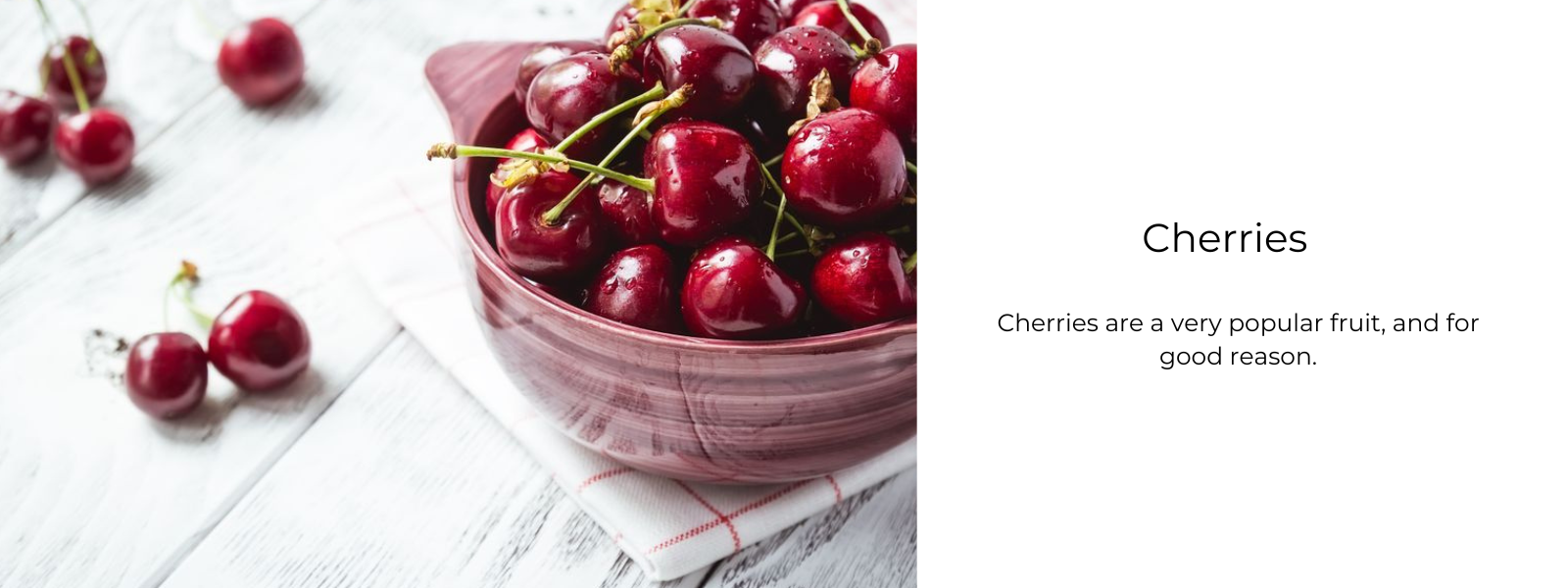
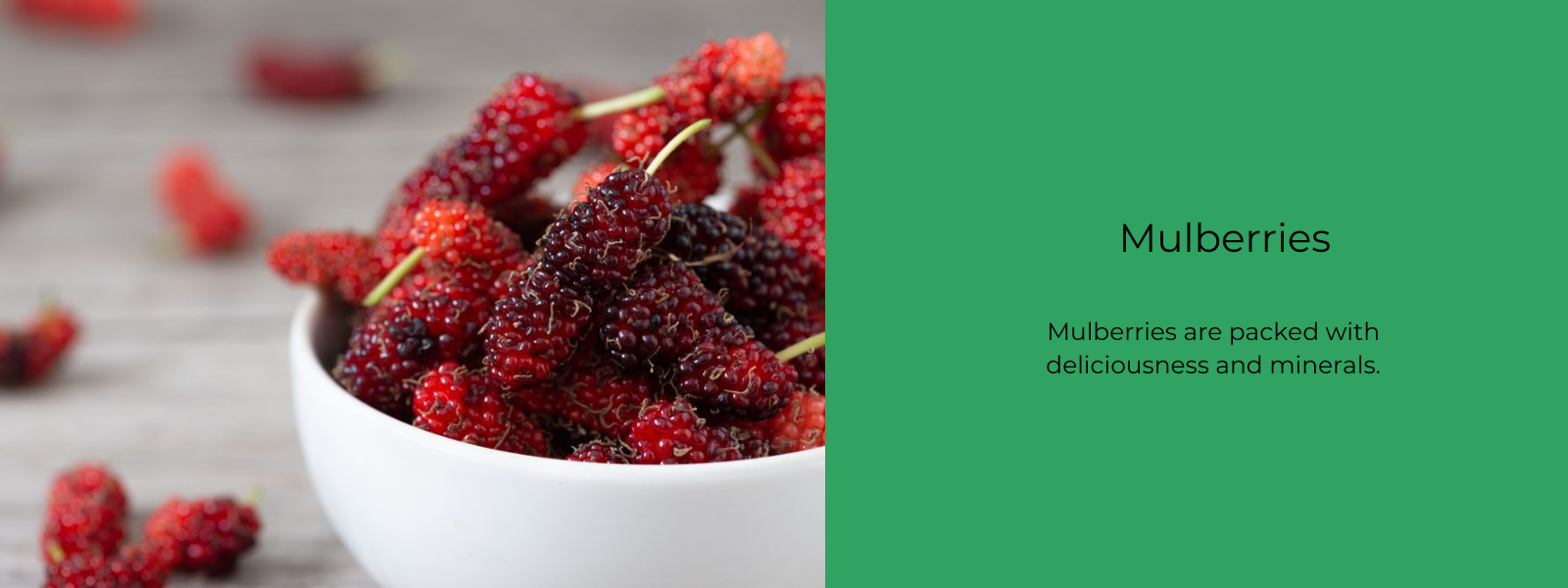
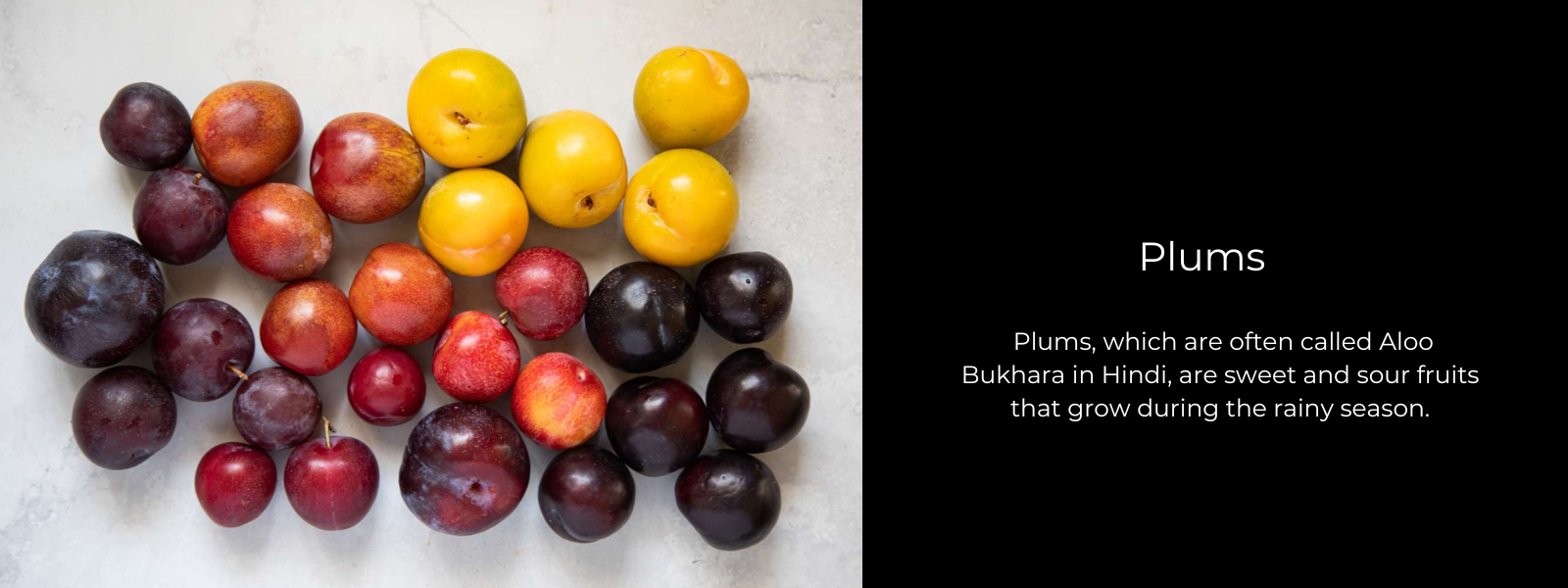
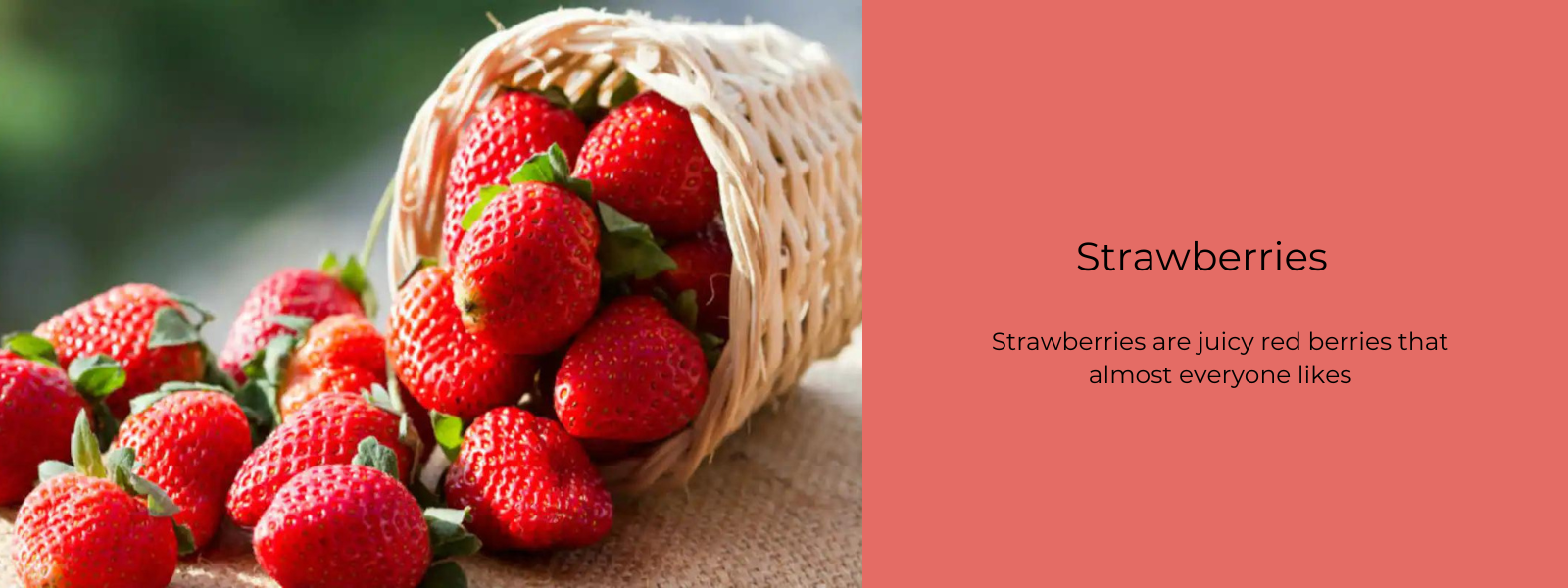
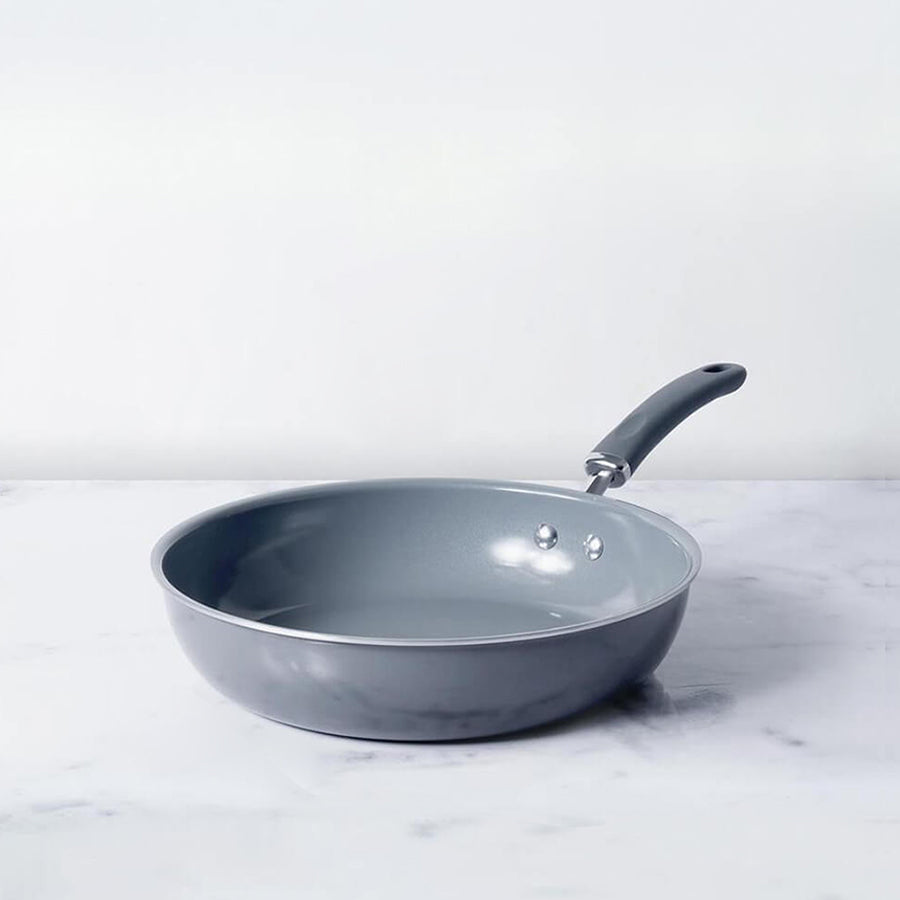
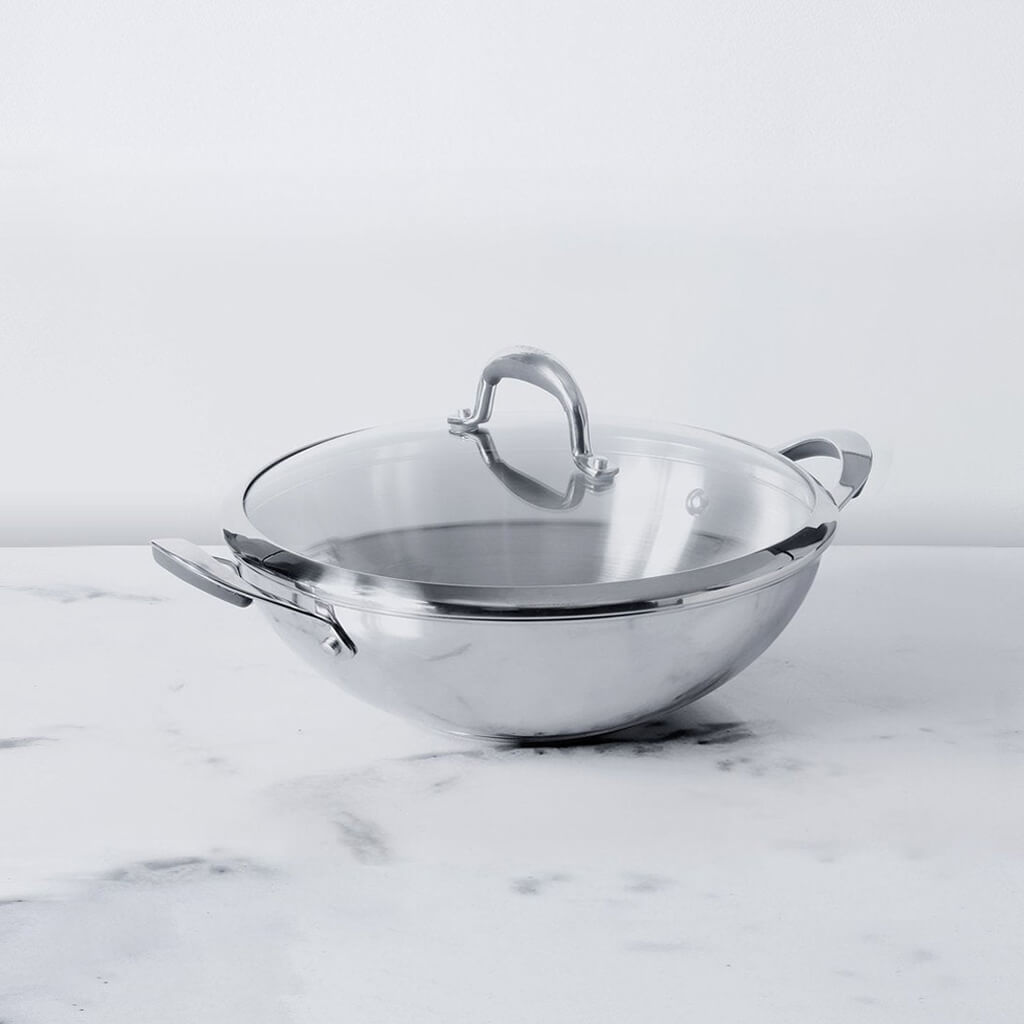




Leave a comment